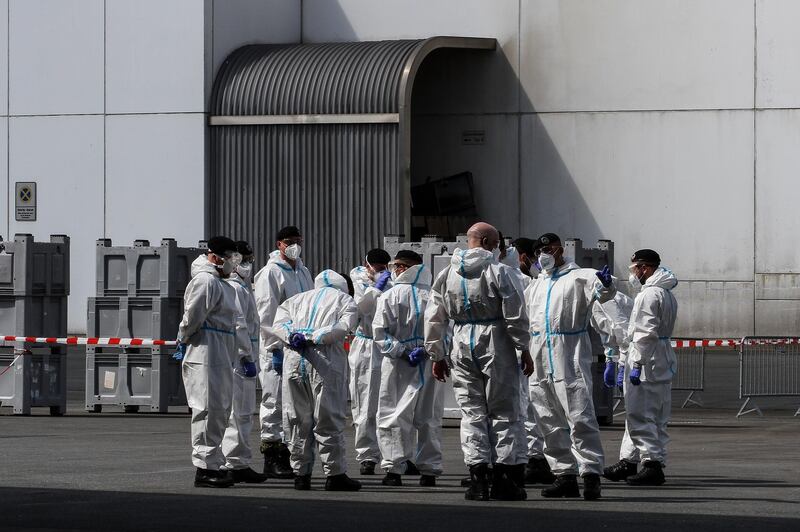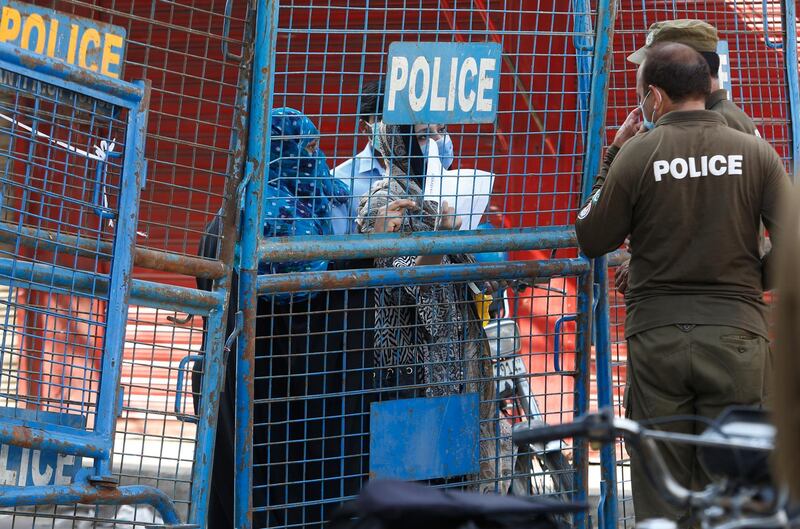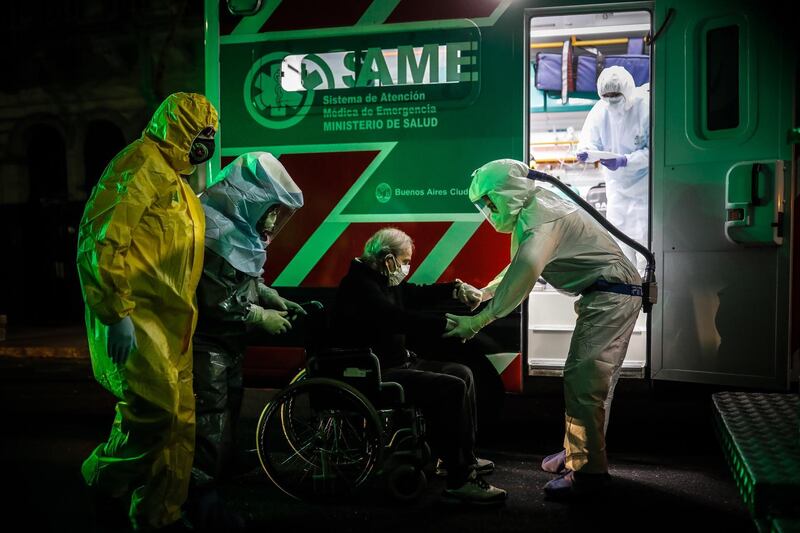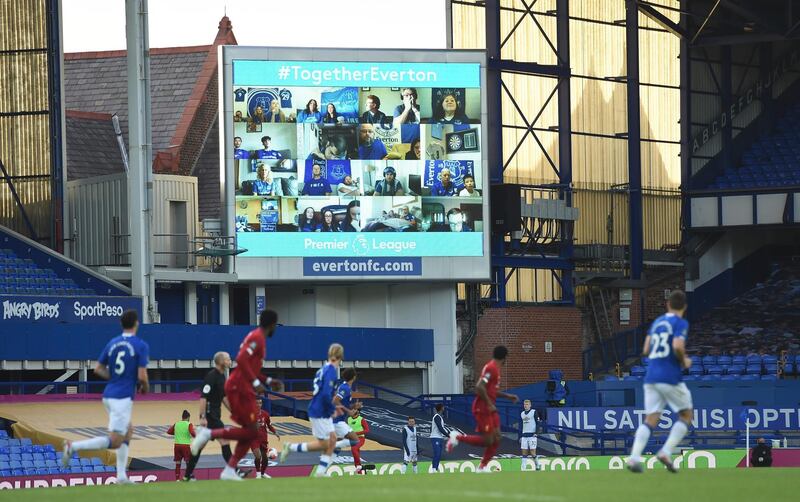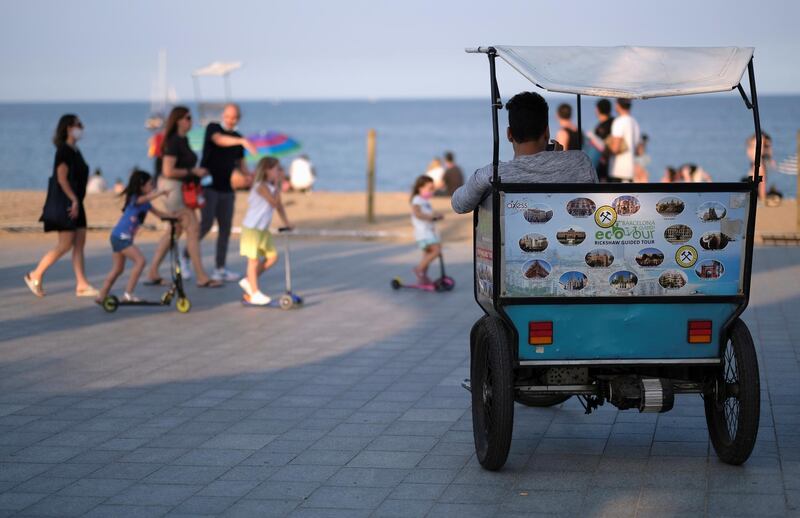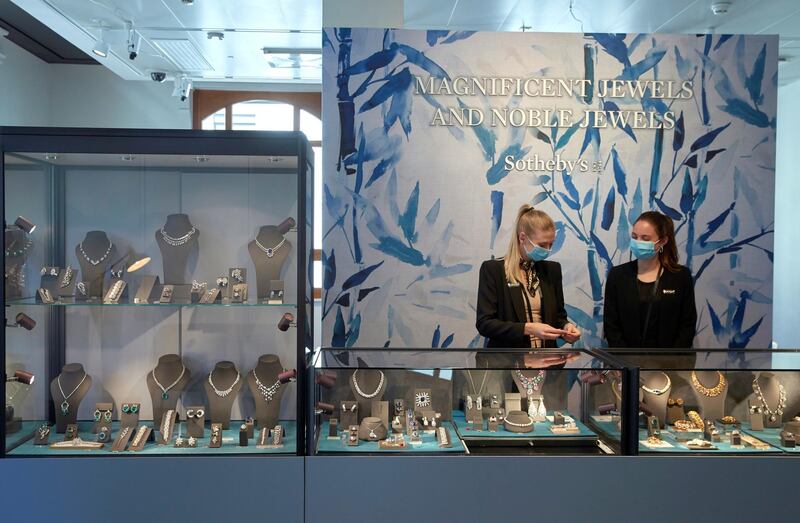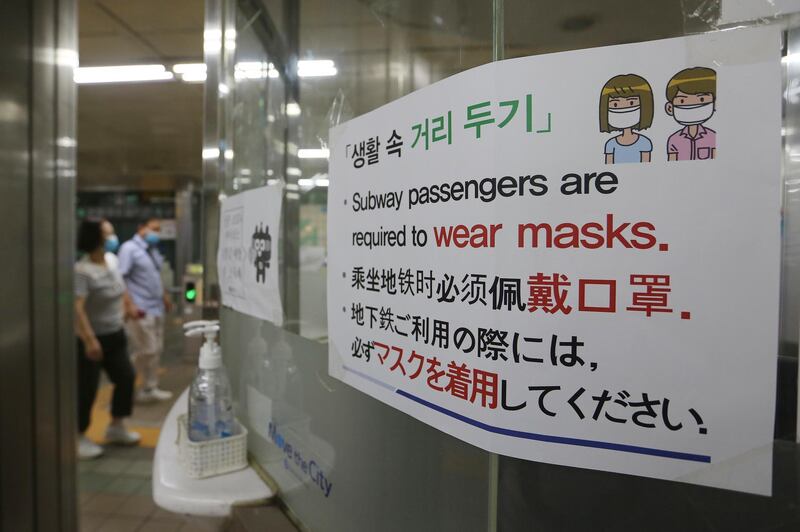Germany reported a sudden and significant rise in coronavirus infections, increasing fears of a second outbreak.
The news came as the World Health Organisation on Sunday said more than 183,000 people were infected in the highest daily rise.
Germany has experienced a rise of the “R” virus reproduction rate, which has reached 2.88 after weeks of decline. In Britain, the R rate is between 0.7 and 0.9.
Concerns for a second wave in Europe grew as Germany was seen as having tackled Covid-19 most effectively. While other European countries such as France, Britain and Italy have each suffered high death tolls – about 30,000 or more – Germany’s has remained below 9,000.
Early and effective lockdown measures as well as an efficient contact tracing system led to low infection rates.
But fears that the country with Europe’s largest economy will have to go into a second lockdown have been raised after the Robert Koch Institute for public health in Berlin said the rate had gone up from 1.06 on Friday, when 770 became infected, to 2.88 on Sunday.
This meant that for every 100 people infected another 288 were likely to have the virus passed to them. To contain the illness, a figure of less than 1 was required.
The sudden spike was in part blamed on an outbreak at a meat processing factory in North Rhine-Westphalia. More than 1,300 employees at Tonnies meat factory have tested positive over the past week.
Armin Laschet, the regional leader, told Die Welt newspaper that a nationwide lockdown could "not to be ruled out at the moment". The number of contact tracing teams in the area was to be increased from 32 on Monday.
Elsewhere in Germany, outbreaks were reported in hospitals and nursing homes, asylum seeker centres, among those harvesting crops and at religious and family gatherings. The country has counted 191,000 infections and 8,962 deaths from Covid-19.
In the past week, the number of people suffering from the disease increased by more than 1,000.
South Korea and China have new outbreaks they are battling. Germany have a second wave and R rate of nearly 3.
— Peter O’Hanraha-hanrahan 💙 (@PeterOHanrahaH) June 22, 2020
Meanwhile we're loosening everything, pubs will open and distancing reduced to 1m. We have no app, and tracing/testing barely fit for purpose.
Germany’s R rate rise came after Nato chiefs announced a new action plan to contain a potential second wave with a major stockpile of medicine and protective equipment.
With no vaccine likely until next year, the disease is continuing to ravage countries.
The leading virus expert, Professor Peter Piot of the London School of Hygiene & Tropical Medicine, told the BBC: “The good news is that in many countries including the UK, we’ve been able to bring down the spread. The bad news is that the virus has not gone away … It is spreading at an increased pace, particularly in the Americas.”
The greatest daily global tally came in Brazil on Sunday with 54,771 new infections, followed by the United States with 36,617. India reported 15,400 new cases.
Asked about the possibility of a second wave, Prof Piot said: “What is going to happen nearly certainly is a so-called second wave of outbreaks. I don’t think and I hope it is not going to be a tsunami. It won’t take us by surprise, we know much better what to do.”
